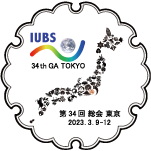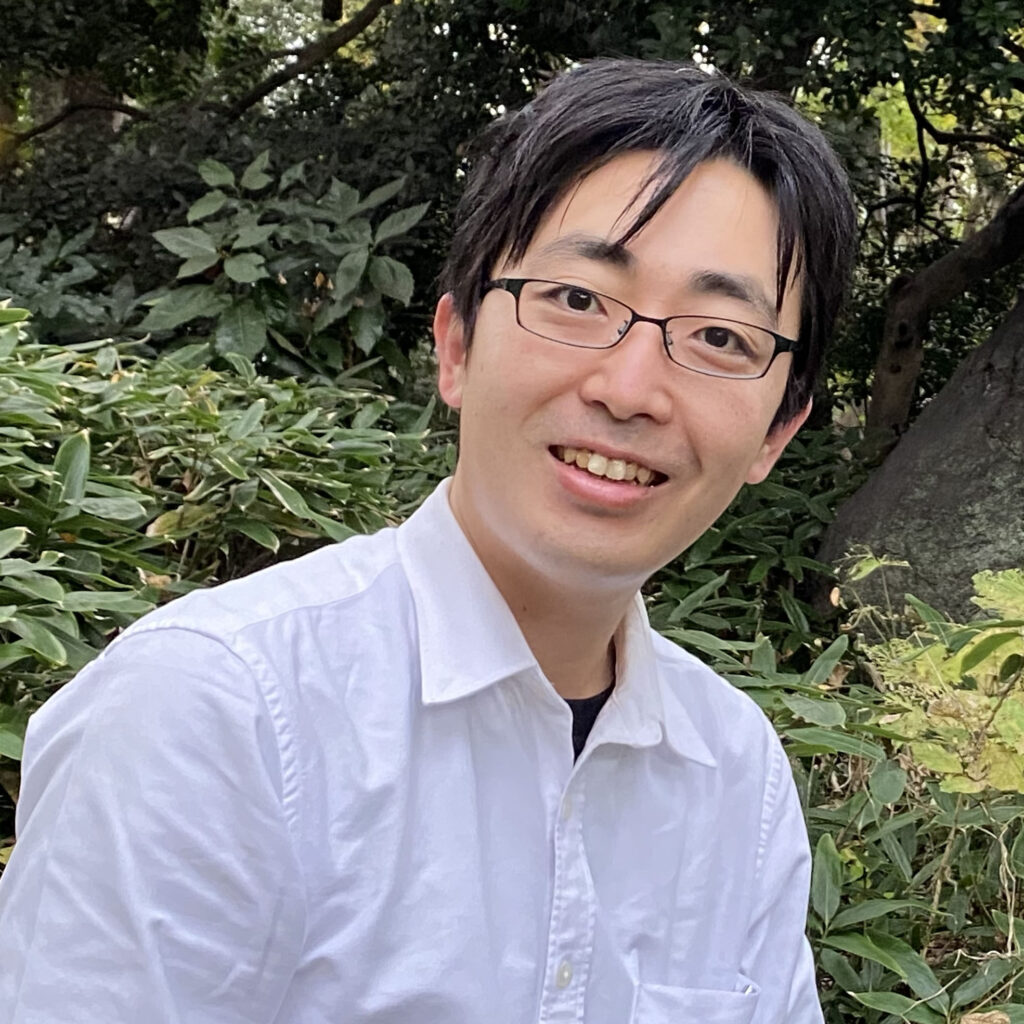Dr. Kei Hiruma is an Associate Professor at the Department of Life Sciences at the University of Tokyo, where he has been working since 2020. He began his research career by investigating the molecular interactions between plants and pathogenic Colletotrichum fungi under the guidance of Professor Yoshitaka Takano. He earned his Ph.D. at the Division of Applied Bioscience, Faculty of Agriculture, Kyoto University. After completing his Ph.D., he started a new research project at the Max Planck Institute for Plant Breeding Research in Cologne, Germany, where he explored the potential ecological roles of endophytic fungi inhabiting healthy wild plants, under the supervision of Professor Paul Schulze-Lefert and Dr. Richard O’Connell. He discovered that the root endophytic fungus Colletotrichum tofieldiae, a close relative of pathogenic Colletotrichum, promotes plant growth of nonmycorrhizal Brassicaceae plants under low phosphate conditions by transferring phosphorus to host plants. He later worked as an assistant professor at the Nara Institute of Science and Technology in the Plant Immunity Lab, where he studied how plants eliminate potential pathogens while accepting beneficial microbes. He established his own lab at the Department of Life Sciences in November 2020. Dr. Hiruma’s research focuses on the commonalities and differences of pathogenic and beneficial fungal lifestyles and how plants and beneficial fungi collaborate to shape multi-kingdom microbial communities, thereby contributing to plant growth and health under changing environmental conditions.

THE 34TH GENERAL ASSEMBLY OF THE IUBS
Unifying Biology for Changing Earth and Human Beings

THE 34TH GENERAL ASSEMBLY OF THE IUBS
Unifying Biology for Changing Earth and Human Beings
